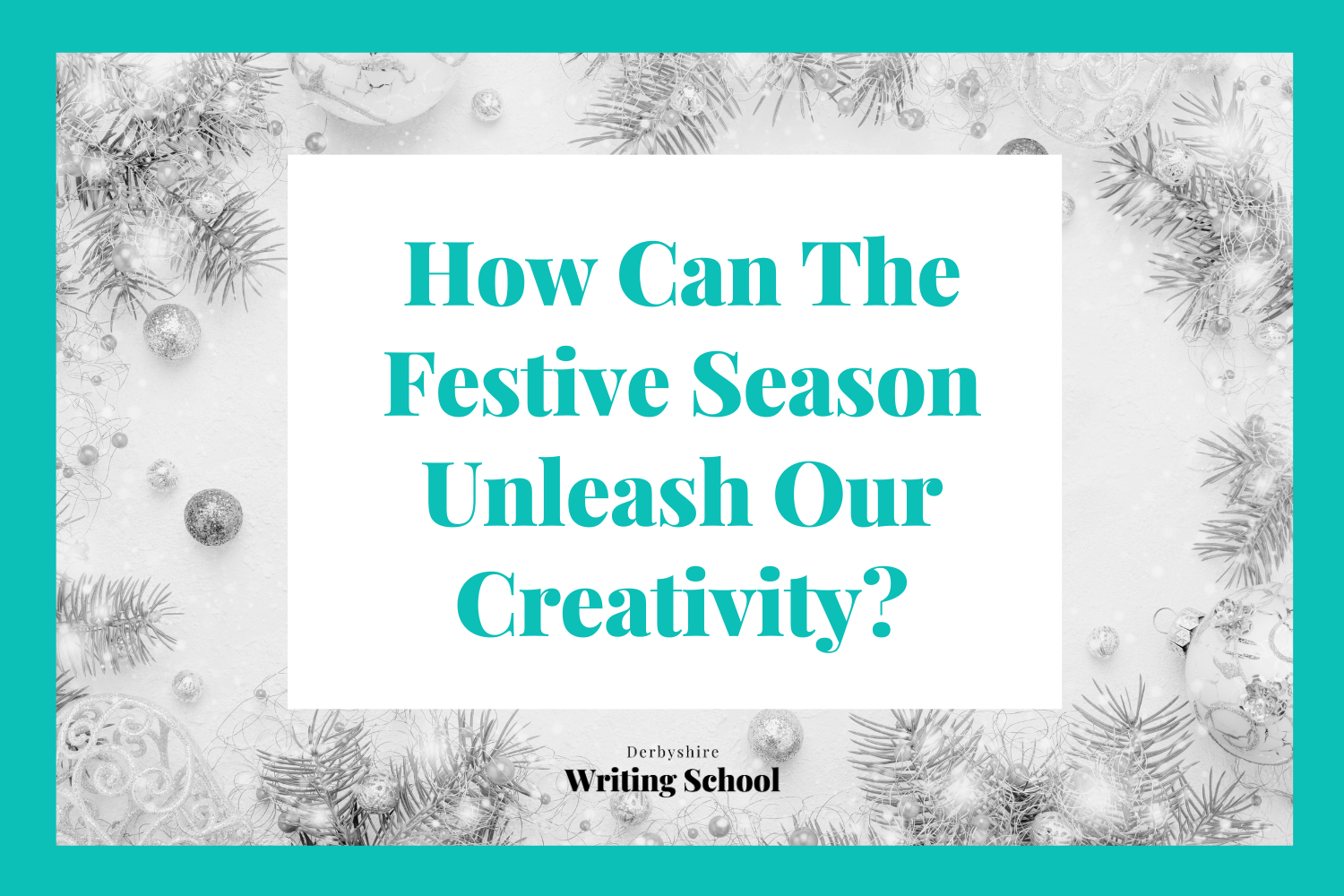3 Methods To Examine How You Want To Work As A Writer
Many of us dream of working as a writer. We can picture waking up, drinking coffee, and getting paid for our words. But is this the reality? And what does it really mean to ‘work as a writer’?
Working as a writer
One of the most wonderful things about writing is that there are so many different definitions of ‘writing’. We could mean journaling, ghostwriting, being a poet, writing non-fiction, it’s endless. But most importantly, it’s personal. This is the same when we think about working as a writer too. From spoken word poetry performances and writing audio drama, teaching creative writing and running writing workshops, working as a freelance copywriter, or even being an author. There is no single definition of how you can work as a writer. The key is about discovering what writing and working mean to you.
It can, however, be a difficult task trying to pinpoint exactly what we want to do with our writing. That’s why we’ve included some methods in this blog post to help you explore what working as a writer means to you.
How to discover what working as a writer means to you
1. Experiment
Experimenting is a key part of creative writing. It allows us to try new things, gives us a new perspective and allows us to develop our creativity. As well as helping us with creativity, experimenting can be a helpful process in practical ways too.
Not only can we uncover new writing styles we want to pursue, but experimenting also helps to eliminate the things that aren’t right for us. In this case, the ways you don’t want to work as a writer. And that can be a powerful tool as well.
Is there an avenue of writing you’re curious about but haven’t yet explored? Use that self-efficacy and give it a go. You’ll come away with either a new field of interest or the decision that it wasn’t the right thing for you. The result will be productive either way. An example of this could be trying to pitch for article writing work. You could set a target of ten pitches. Or, you could try your hand at copywriting. Ask if you enjoy the challenge, it’s not about being perfect as soon as you start, it’s about experimenting and seeing if something piques your interest.
2. Self-Reflection
The more specific we can be about what writing means to us, and what we want to achieve, the more confident we will be in our answer to the question – how do you want to work as a writer?
We’ve put together some questions you can ask yourself, or reflect on, to help you discover what working as a writer means to you. Try turning these into writing prompts. Set a timer for a few minutes, and see what answers emerge. This will help you to create a sense of focus when you’re answering the questions, and you can then build on from your answers.
Writing prompts to help you work as a writer
What are three writing goals you have?
What satisfies you creatively? Or, what do you enjoy?
What do you least enjoy about writing?
What topics or themes interest you?
Which pieces of writing are you most proud of?
What are your strengths?
What connections do you already have, that could be useful in helping you gain work?
How do you feel about potentially turning this thing you love (writing) into an income stream? How will you still keep a part of it for you?
What is your initial instinct as to the work you would like to do? (freelancing, content writing, ghostwriting, etc.).
What steps can you take today to start moving towards your goals?
3. Embrace Your Uniqueness
We each must embrace our own uniqueness when it comes to writing – it is, of course, the thing that makes us different. We all have different interests, styles, and tones of voice – and that makes the world really exciting. In the same way, our writing journeys are also personal and unique to us.
For example, organising a writing retreat might appeal to you but not to your friend, and that’s okay. The focus should be on following our own minds and ambitions rather than comparing ourselves to others. After all, nobody else has the same ideas or perspective as you and that’s a special thing. Believe in yourself and your writing and lean into your unique style. How could you use this to create something different?
How to work as a writer
We can work as a writer in so many different ways. The key is working out what that means to you. There’s no right or wrong answer. It’s a journey of discovery and learning about who you are as a writer. Once you’ve explored that question, you can begin to move forward on your writing journey.
Different roles as a Creative Writer
Part of the beauty of creative writing is how many potential avenues there are to explore. The skills we can gain from experimenting with the world of creative writing can open up a realm of exciting possibilities. So, what exactly can we do with creative writing?
Writer
When we explore creative writing, we can play with different writing styles until we find our writing voice. From non-fiction to scriptwriting, there is so much choice and freedom. It allows us to try all kinds of writing styles and genres.
Then there’s the technical skills creative writing helps us build. The more we write and the more we practice, the more our skills grow. These can include crafting narrative structure, our editing eye and using language to evoke emotion.
Journalism
Creative writing can also help us develop transferable skills that can benefit a career in journalism. These include research skills, tone of voice and storytelling.
Interweaving creative writing within journalism can help bring a story to life. Journalists armed with creative writing skills can often bring a distinctive flair to their reporting.
Creative writing skills can help infuse articles with vivid imagery and compelling narratives. The creativity can also allow journalists to approach their stories with a fresh, exciting perspective.
Teaching
Using creative writing within teaching is a great chance to really stretch your creative muscles. You can explore new ways of presenting content and different ways to engage students. Creating engaging content can be a powerful tool in making the material memorable and enjoyable.
Creative writing exercises can be powerful strategies for building an environment that nurtures imaginative thinking. This can encourage students to explore their unique voices and perspectives. It can help them find that creative courage and embrace self-expression.
Marketing
Creative writing and marketing have a hand-in-hand kind of relationship. The skills required within both fields often overlap. For example, creative writing can provide the foundation for key marketing strategies such as copywriting and storytelling.
Whether it's developing persuasive product descriptions, engaging social media content, or compelling brand narratives, creative writing enables marketers to connect with their audience on a deeper emotional level.
Further practical steps you can take to work as a writer
1. Complete the writing prompts in this post.
2. Review your CV – what transferrable skills do you have? Refocus your CV to showcase your writing-related skills. For example, working to deadlines or showing attention to detail.
3. Start to create a portfolio of work and collect examples of your writing. These don’t have to be published pieces, they can be things you are proud of, internal work documents you’ve created, or even a personal blog.
Focus on what working as a writer means to you. It doesn’t have to look like what everyone else does.
So, what does working as a writer mean to you? We would love to hear your thoughts! Get in touch at info@derbyshirewritingschool.com
Creative Writing Provides Us With Endless Opportunities
Creative writing is powerful. From journalism to teaching, marketing to fiction writing, the versatility of creative writing extends its influence across numerous professions.
Being able to craft compelling narratives is a skill that no longer belongs in the realm of writing novels or poetry collections. Creative writing opens a world of endless possibilities and fulfilling careers.
So, what skills have you gained from creative writing? Do you use these skills within your job role? We would love to hear your thoughts! You can get in touch with us at info@derbyshirewritingschool.com.
Our writing workbooks will help guide you through some of the trickiest of writing challenges. With activities, strategies, and tools, you’ll learn how to take your writing forward and achieve your writing goals. Designed with the beginner writer in mind, our friendly workbooks are available for you to work through at your own pace in your own home.












